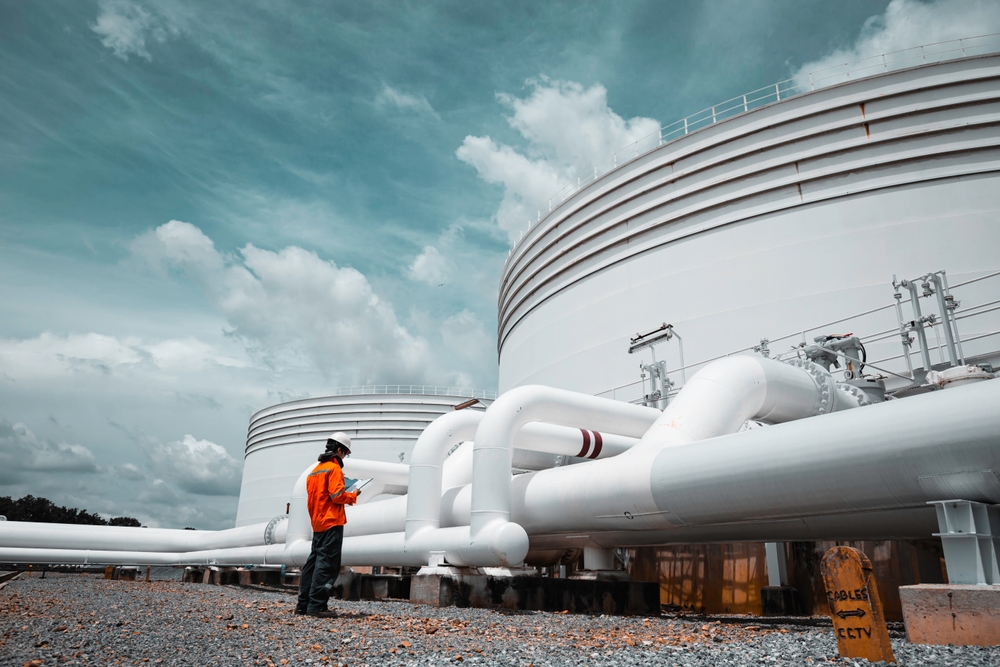
.jpg)
This course is important as it deals with the operation and upkeep of oil and gas pipelines which includes, but is not limited to, pipeline integrity maintenance, operational monitoring, and repair techniques. Participants will develop useful skills that will help them in rendering practical safety measures in the transportation of oil and gas.’
| City | Start Date | End Date | Fees | Register | Enquire | Download |
|---|---|---|---|---|---|---|
| London | 23-06-2025 | 27-06-2025 | 6200 $ | Register | Enquire | |
| Bali | 30-06-2025 | 04-07-2025 | 4950 $ | Register | Enquire | |
| London | 07-07-2025 | 11-07-2025 | 6200 $ | Register | Enquire | |
| Amsterdam | 14-07-2025 | 18-07-2025 | 6200 $ | Register | Enquire | |
| Kuala Lumpur | 28-07-2025 | 01-08-2025 | 4950 $ | Register | Enquire | |
| Madrid | 04-08-2025 | 08-08-2025 | 6200 $ | Register | Enquire | |
| Dubai | 11-08-2025 | 15-08-2025 | 4300 $ | Register | Enquire | |
| Cairo | 18-08-2025 | 22-08-2025 | 3950 $ | Register | Enquire | |
| Madrid | 01-09-2025 | 05-09-2025 | 6200 $ | Register | Enquire | |
| Amsterdam | 08-09-2025 | 12-09-2025 | 6200 $ | Register | Enquire | |
| Casablanca | 15-09-2025 | 19-09-2025 | 4950 $ | Register | Enquire | |
| Dubai | 22-09-2025 | 26-09-2025 | 4300 $ | Register | Enquire | |
| London | 29-09-2025 | 03-10-2025 | 6200 $ | Register | Enquire | |
| Barcelona | 06-10-2025 | 10-10-2025 | 6200 $ | Register | Enquire | |
| Geneva | 13-10-2025 | 17-10-2025 | 5600 $ | Register | Enquire | |
| Milan | 20-10-2025 | 24-10-2025 | 6200 $ | Register | Enquire | |
| Madrid | 27-10-2025 | 31-10-2025 | 6200 $ | Register | Enquire | |
| Kuala Lumpur | 03-11-2025 | 07-11-2025 | 4950 $ | Register | Enquire | |
| Cairo | 10-11-2025 | 14-11-2025 | 3950 $ | Register | Enquire | |
| Dubai | 01-12-2025 | 05-12-2025 | 4300 $ | Register | Enquire | |
| London | 08-12-2025 | 12-12-2025 | 6200 $ | Register | Enquire | |
| Kuala Lumpur | 15-12-2025 | 19-12-2025 | 4950 $ | Register | Enquire | |
| Milan | 22-12-2025 | 26-12-2025 | 6200 $ | Register | Enquire | |
| Madrid | 29-12-2025 | 02-01-2026 | 6200 $ | Register | Enquire |
Pipeline systems within the oil and gas industry are crucial for industrial operations. This comprehensive training course targets middle managers responsible for efficient pipeline management across various engineering environments.
The course emphasizes the interaction between petroleum pipelines and flow-moving devices, such as pumps and compressors, focusing on their operational aspects and features related to pump and compressor stations.
Participants will gain valuable knowledge on pipe inspection and testing in line with API standards, and address deficiencies in pipeline systems, including maintenance procedures, cleaning methods, and repairs, to enhance operational safety and effectiveness.
By the end of the oil and gas pipeline maintenance and operations course, participants will:
Unit 1: The Technical Attributes of Pipelines
Unit 2: Operation and Degradation of Materials
Unit 3: Management & Operation of Safety
Unit 4: Pipeline Maintenance and Repair Measures
Unit 5: Operational Tests & Control Monitor Logs

.jpg)

.jpg)
.jpg)














